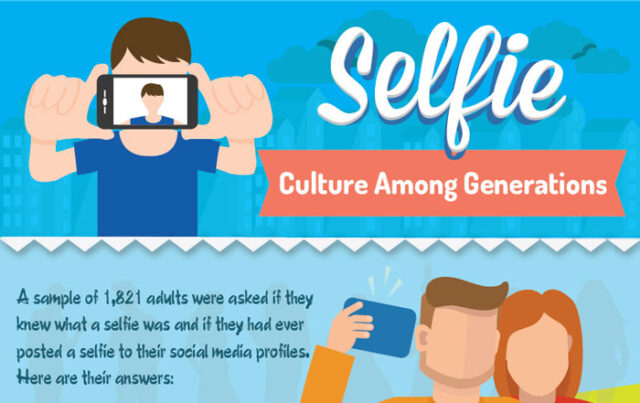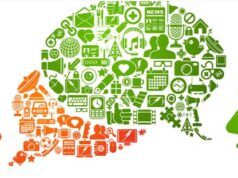
Selfie culture, a popular form of self-portrait photo, holding a cell phone in hand, is present throughout the world. Selfie has become so popular and it seems that this trend will never die. Young people around the world every day make millions of different images of this type.The word ‘selfie’ first appeared on an Australian Internet Forum 2002 and 2014, is proudly listed in the Oxford Dictionary.
On average, people take 3 selfies a day, and each take up to 16 minutes: it is almost an hour a day. Young people between 16 and 25 spend up to five hours a week for preparing for photographing, photographing and editing selfies, claims survey of company FeelUnique.
Selfie has become an indispensable part of the culture, whether someone likes it or not. In a sea of sensational revelations that selfie affects people and society and a number of recent research that have already been conducted on selfies we have singled out three positive and three negative influences:
1. Selfie is the art
Selfie is nothing but a self-portrait and can be seen as an expression of creativity of the person who made it, says a university psychology professor Keith Campbell. Sometimes artists self-portrait themselves in oil on canvas and exhibited in galleries, today they use smartphones and exposing on social networks.
2. Selfie is good for self-esteem
The study found that by sharing picture which we have taken and we are satisfied with, we get a sense of control over how other people perceive us, and this increases the self-confidence.
3. Selfie creates better memories
As memories of the trip we no longer have only photos of landscapes, but we can take pictures of ourselves in the landscape, and thus create a memory and conveys more emotion. Another study found that selfies do not alienate us, but exactly the opposite – it helps to create connections and memories.
4. Only insecure people take selfies
Insecure people publish their embellished image on social networks, looking for confirmation from others that they have some value. The more confirmation they get – in the form of likes, they publish more selfiescreating a vicious circle in which their value is assessed according to how they are perceived by others – says even another study.
5. Selfies emphasize only the outer appearance
For good selfie is only importan how you look, and a bunch of supplies – from selfie sticks to applications for better-looking photos will help you with that. Selfie culturea focuses only on how one looks, not their personality, which is bad.
6. Selfie reveals the superficiality and vanity
For people who (too) often are putting selfies on social media, their loved ones and the environment generally think they are superficial, vain and obsessed with themselves.
So, these were some positive and negative influences of selfie culture, but that’s not all, bellow you can check out the infographic which shows the selfie culture among different generations:














